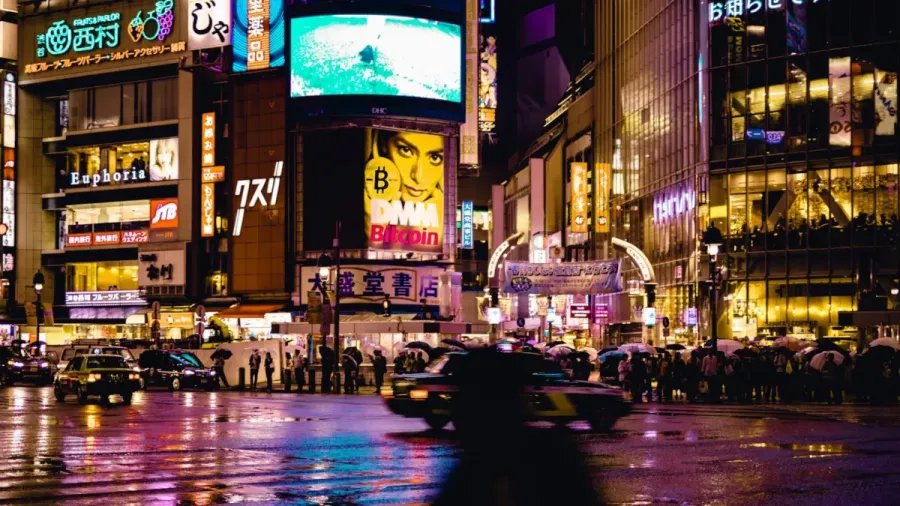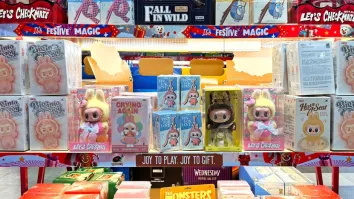
Here’s what’s driving Japan’s retail leasing demand
Korean and Chinese brands are expanding rapidly in fashion, F&B, and cosmetics.
Retail leasing activity in Japan remains strong, with demand expanding across multiple categories.
Prime Tokyo districts such as Ginza, Omotesando, Harajuku, and Shibuya continue to face intense competition for limited space.
Rents in Ginza and Shibuya have reached record highs and are expected to keep rising, though at a slower pace. Demand in Ginza is broad-based, while Shibuya’s activity is driven by casual and fashion brands targeting younger consumers.
Leasing demand is growing amongst sporting goods, eyewear, and fashion brands, especially new Korean entrants, whilst luxury brand expansion has stabilised. Tight availability in Tokyo and increasing tourist arrivals are prompting retailers to look beyond the capital.
In Osaka’s Shinsaibashi, high-end brands are clustering along Midosuji Street, and shopping arcades are attracting a wider range of retailers. Luxury watch brands are also opening standalone stores in Fukuoka’s Tenjin area.
New demand is emerging from hobby stores and capsule toy retailers. Both domestic and international brands are expanding in key locations.
Korean brands in cosmetics, fashion, fast food, and coffee, as well as Chinese F&B and fashion brands, are aggressively seeking new sites.
With vacancy rates in some prime areas at 0%, retailers are advised to plan three to four years ahead of lease expiries to secure preferred locations.

















 Advertise
Advertise





